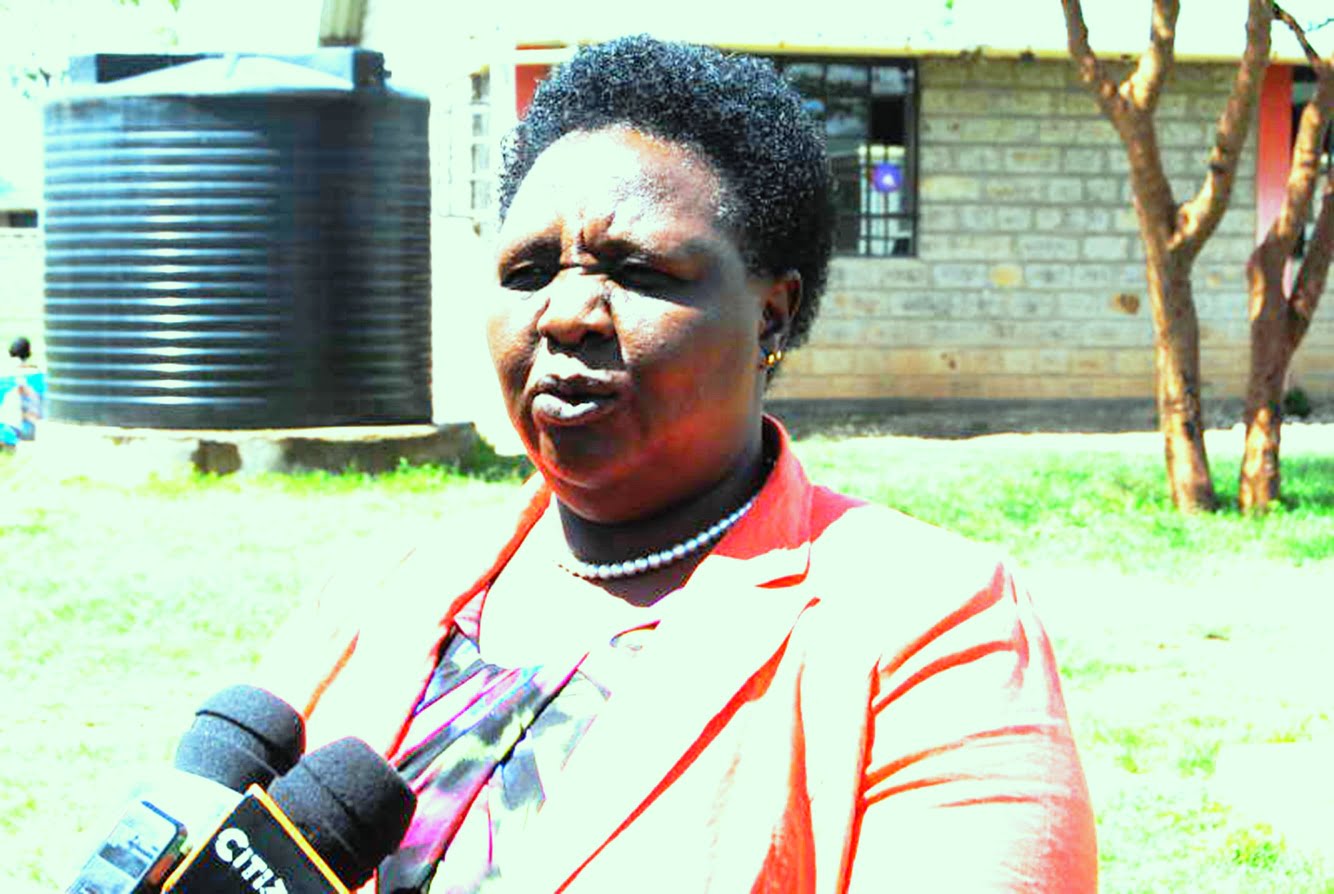By Kipilat Kaptuya
Much has been said about the dangers of Female Genital Mutilation (FGM) but still, the practice is rampant in some pastoral communities in the country.
Many women and girls have been forced to undergo the cut as a prerequisite for marriage.
FGM prevalence rate in West Pokot County currently stands at 75 %
Kapenguria Theatre Group Board Chairman Mr. Francis Soprin said the practice is rampant in the region due to high illiteracy levels and ignorance among girls about their rights.
He said areas such as Tapach, Masol, Cheputel, Kacheliba, Chesegon, Kameneu, Lomut , Masol, Muino, Kapsolion Takaywa , Nyangaita, Nyarkulian, Kongelai, Alale, Sondany and Koporo have rampant cases of FGM.
He added that the FGM practice was very rampant during the long closure of schools occasioned by the Covid-19 pandemic.
Soprin said many girls have been robbed off their right to education by being forced into early marriages. FGM increases the risk of infection and hemorrhage, can cause lasting trauma and increase the risk of death during child birth.
He revealed that FGM perpetrators have changed their means of doing the act and become secret.
He urged everyone to embrace the Anti FGM law to shun FGM as it affects the lives of young girls.
“The youth should spread messages against FGM,” he opined
He said that Kapenguria Theatre Group has stepped up the fight against the vice using a new approach of engaging peers through theatre and song performances.
He asked the Government to be proactive in curbing the vices adding that they normally happen in hard to reach areas.
“We want the Government and other stakeholders to join hands in dealing with the cases,” he said.
He expressed concern that it’s been hard to fight the vice since witnesses have refused to give testimonies in court.
A new study done in December 2021 by Kapenguria Theatre Group , a community based organization, shows that 60% of FGM cases go unreported due to the young age of those at risk, their family loyalties, the reluctance of outsiders to intervene and fear of giving out evidence.
“Many chiefs fear reporting FMG cases for fear that action will be taken against them for the cases found in their areas of jurisdictions. Many witnesses aren’t ready to testify in courts and some community members hide girls who are key witnesses in the trials,” he pointed out.
He also added that the cases take so long in courts, which are also far away in Kapenguria.
He asked the judiciary to speed up the legal process relating to the cases and to set up mobile courts in remote areas so that women and girls whose rights have been violated can seek justice.
“Most of these FGM cases take place in remote areas and accessing courts located 300 kilometres in Kapenguria isn’t easy. The judiciary process is too long, expensive and most people get tired of following up on the cases leading to the termination of the cases,” he said.
He added that girls need to know their rights and get involved in meaningful developments.
“For this country to realize its vision 2030 we need to effectively deliver services to Kenyans,” he said.
He asked the government to punish such offenders to enable girl child access to quality education.
Peter Wafula, the Secretary General of the Organization, said most of the perpetrators of FGM are never prosecuted, a situation that has greatly affected the fight against the vice in the region.
He said most of the victims of FGM lack knowledge of where to go when abused.
“The fight against FGM cannot be realized if women are not empowered to have knowledge of their rights. We have realized that the County has an illiteracy level of more than 67 % and this greatly affects the women,” he said.
He said the organization has rolled out advocacy programmes through theatre and song performances.
“We record theatre and songs on CDS and take them to remote areas for girls to watch.” Said Mr. Wafula.
Ms Sabina Grace, an actor in the group, urged the community to discard primitive cultures like FGM, early marriages and forced marriages that continue to plague young girls.
Kacheliba Assistant County Commissioner Mr Fred Ndubi said that they have put up measures at the grass root levels with the help of the chiefs to ensure that perpetrators are brought to book.
He added that they also banned the local night dances popularly known as ‘Kwara kwara’.
Mr Ndubi expressed concern that though they have made arrests on those infringing on the rights of school girls, the guys are released due to lack of evidence.
“We urge the local community to voluntarily give information and evidence when violators are arrested.” He appealed.






